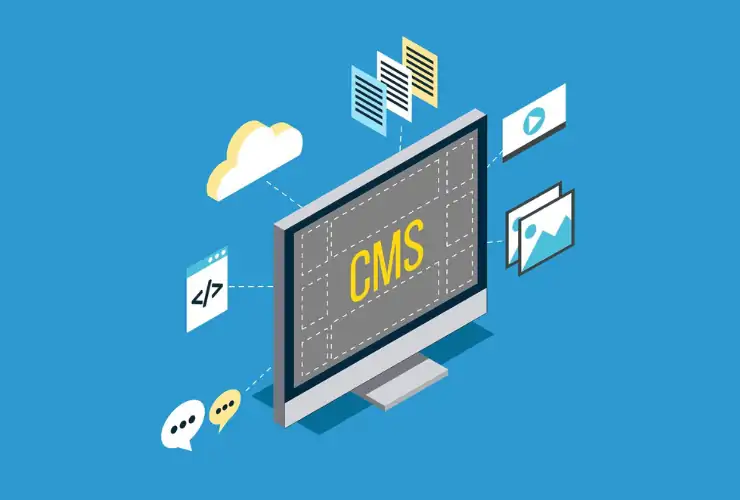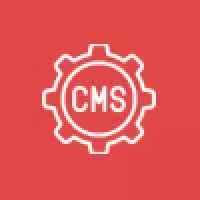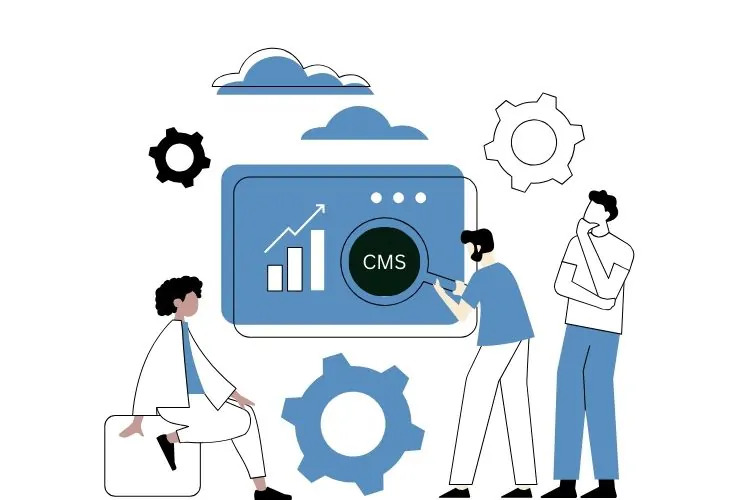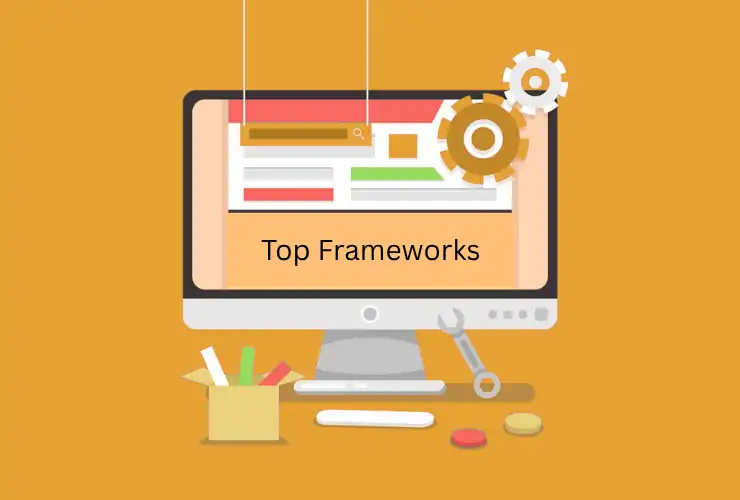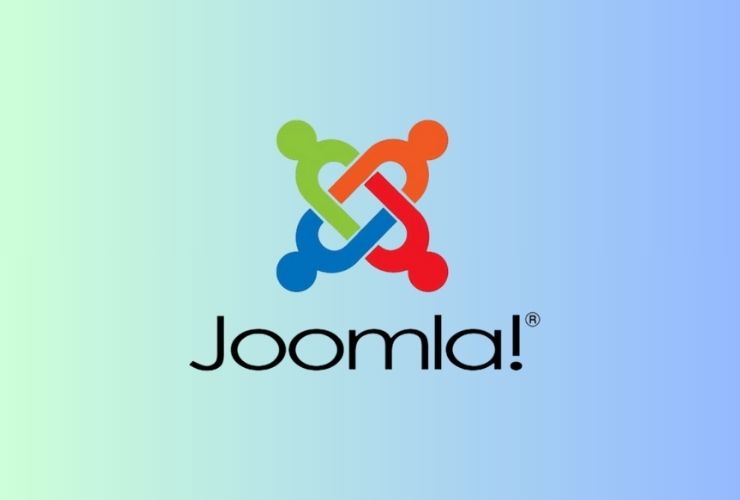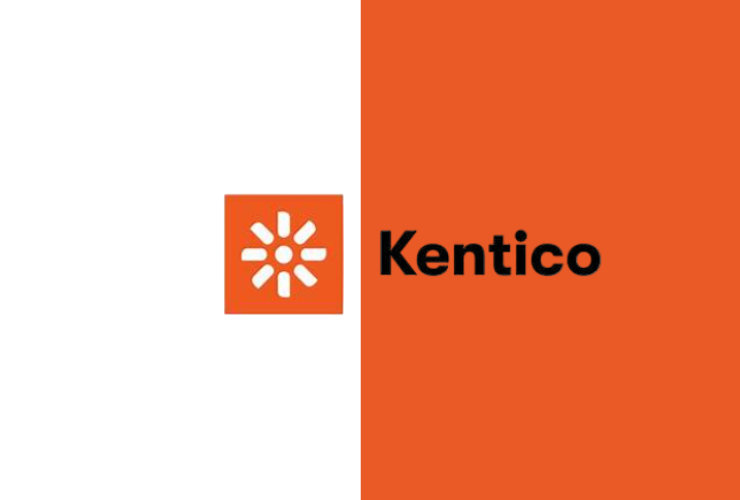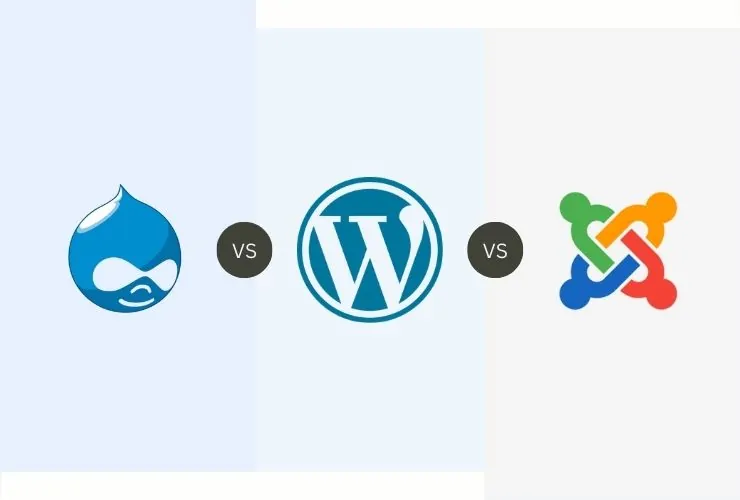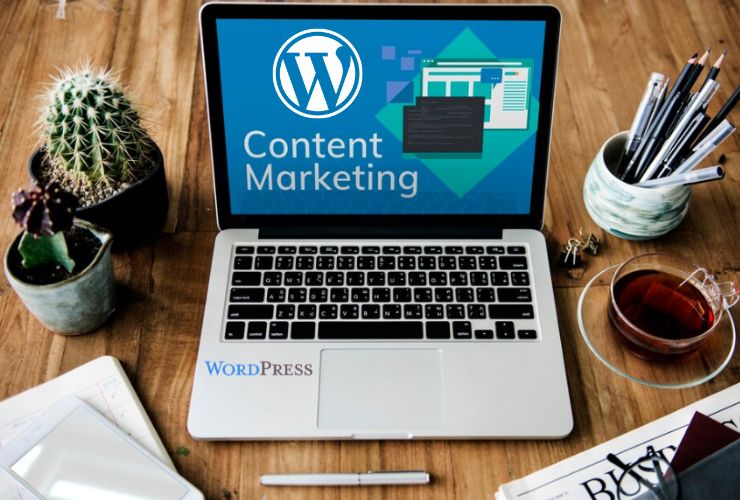In a fast-paced digital world, companies need to go beyond a basic website and instead, have a content infrastructure that is robust and adaptable to an ever-changing world. The transformative potential of scaling development and flexible CMS (Content Management System) development may be the answer.
A CMS allows organizations to create, manage and publish digital content without having to rely on developers continuously. The need to have a “CMS” platform is why many off-the-shelf options are not built to scale for increased content needs or complex user roles, multilingual capabilities, or custom integrations, to name a few things. In all of these circumstances, a custom-developed CMS solution designed for your business needs will differentiate you from your competition.
Why Scalability is Important
The ecosystem of your content grows along with your business. As you scale – by adding additional pages, launching new products, expanding into new regions, or selling to new audiences – your CMS should be able to scale along with you to accommodate more traffic, more data, and more functionality.
In e-commerce often there are promotional events and seasonal inflations of traffic.
News and media organizations often publish significant amounts of content – scalability here can allow you to have millions of articles indexed and retrieved faster.
Scalability in a CMS provides the performance base to ensure uptime, speed, and overall user happiness, regardless of how complex the digital footprint becomes.
The Value of Flexibility
Flexibility is what can turn a good CMS into a content powerhouse. Whether you’re adjusting the digital identity of your brand, layering on a microsite, or integrating new products for a marketing tool stack – your CMS should be able to accommodate that shift without requiring a complete replacement.
With a flexible CMS, you can:
- Create custom content types and workflows.
- Add and remove new modules or plugins as your needs change.
- Integrate your CMS with third-party systems – such as CRMs, ERPs, analytics systems or even eCommerce platforms.
- Embrace bounded support for multi-language or regional-based websites that enable you to expand globally.
Flexibility allows your CMS to evolve with your strategies – rather than pull you away from your goal.
Benefits of Scalable and Flexible CMS Development
Build to Last
Your CMS should accommodate for growth and you should not have to rebuild it every few years. Using a scalable and modular architecture as a foundation will enable your platform to respond quickly to change.
Improved Content Workflow
Role-based access, approval chains and drag-and-drop editors are features that maximize efficiency within marketing and content teams, while minimizing developer bottlenecks.
Customization and Integration
A custom CMS allows for deep integration with other tools like Salesforce, HubSpot, Shopify, Stripe or Google Analytics and will help you manage your tech stack for better operations.
Faster Time to Market
You can create pages, blog posts, campaigns or even subdomains at a much faster rate – and without long-winded development cycle – using reusable components and prebuilt layouts.
Better Security
Using a custom CMS means you can have less reliance on third party plugins which can frequently be disadvantageous from a security perspective. This will give you more control over how to protect your data or maintain compliance (i.e. GDPR, HIPAA).
Selecting the Best CMS Option
There are four common types of CMS architecture, each with different use cases:
Traditional CMS (e.g., WordPress, Joomla): Best for the small and medium sized businesses who are looking for a quick configure and visual interface for content.
Headless CMS (e.g., Strapi, Contentful, Sanity): separates the back-end from the front-end layers, providing omnichannel content delivery to any digital platform allowing for incorporation of mobile apps, IoT, and other platforms.
Custom CMS: is custom fit to your business workflows and integrations — provides happy path enterprise solutions to purpose built solutions.
Choosing a CMS option for your digital content platform twenty-five dependent on a few factors; your technical skillset disposition, your team structure, your long-term business goals, and your user’s expectations.
Collaborating with Experts Can Build Campaign Momentum
Whether you are developing a CMS from scratch or customizing an existing CMS, you will need someone who has the foresight and a defined development path. Working with an agile development team specializing in CMS development can:
- Complete a requirements analysis
- Design a CMS solution that aligns with your content strategy
- Implement a scalable architecture
- Create a user friendly experience with UI / UX
- Optimize for security, SEO, and performance tuning
- Seek partners that support multiple CMS platforms and have demonstrable success.
Conclusion
A scalable and flexible CMS is more than a digital solution—it’s a strategic advantage. It empowers your team, enhances customer experience, and supports long-term growth. Whether you need a simple blog with dynamic content or a complex eCommerce store, we’ve got you covered. We also build enterprise-grade portals for global businesses with high traffic and advanced needs.
If you want to elevate your content strategy, let our team help you with building a CMS designed for growth, agility, and performance.
CMS Development Services
We build custom CMS development solutions for businesses of all sizes, allowing you to manage your content requirements efficiently, scale easily, and stay competitive.
Our Core Services include:
- Custom WordPress Development: Simple or complex themes, custom plugin development, WooCommerce stores.
- Theme Design & UX: Design that is fast, responsive, and brand consistent.
- Headless CMS Solutions: API driven platform to distribute your content across multiple channels.
- Custom Integrations: Connect to your CRM, analytics, and marketing tools with ease.
- Migration & Upgrades: Transitions from other platforms made easy and with SEO protections.
- Performance Management & Support: Speed, site security updates, and general ongoing support.
Industry Experience:
We build CMS solutions for a variety of industries including eCommerce, health care, education, finance, media, and hospitality to create secure, scalable, and user-friendly experiences.
Ready to build a CMS that scales with your business? Partner with experienced developers to create a secure, flexible, and high-performing content platform that supports long-term growth and digital success.
Frequently Asked Questions
CMS development involves creating platforms that allow businesses to create, manage, and publish digital content without relying heavily on developers.
As businesses grow, their CMS must handle more traffic, data, and functionality while maintaining speed and uptime.
A flexible CMS lets organizations add modules, create workflows, integrate third-party tools, and support multilingual sites as needs evolve.
Major advantages include improved workflows, faster time to market, stronger security control, and the ability to adapt quickly to change.
Expert teams help analyze requirements, implement scalable architecture, optimize security and SEO, and deliver user-friendly experiences.

